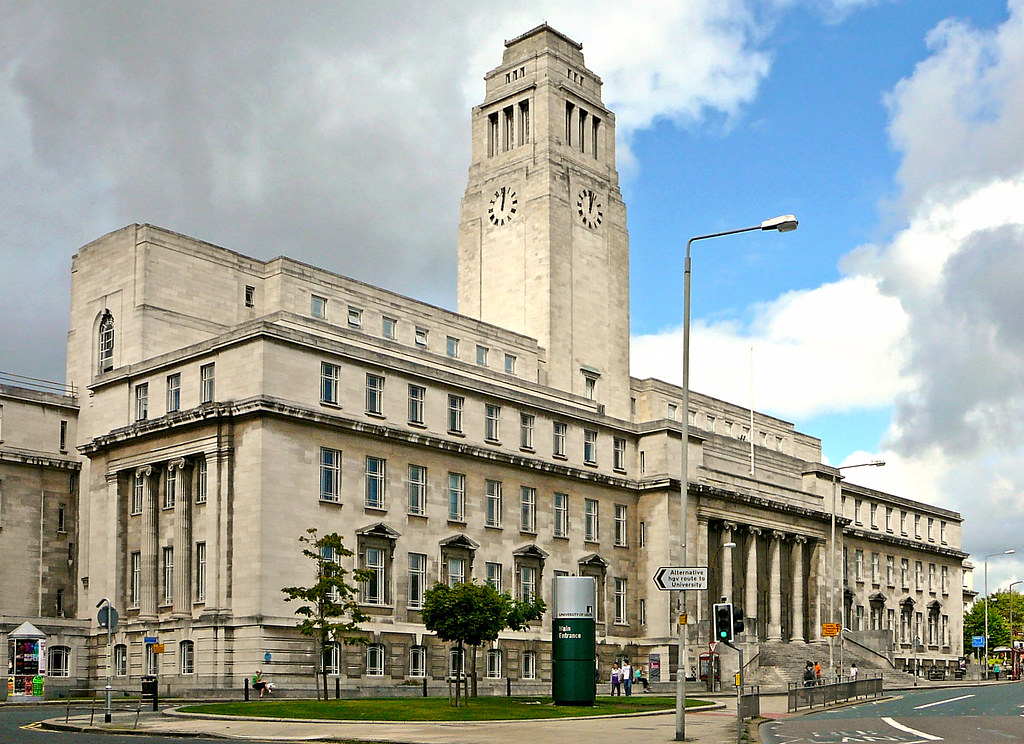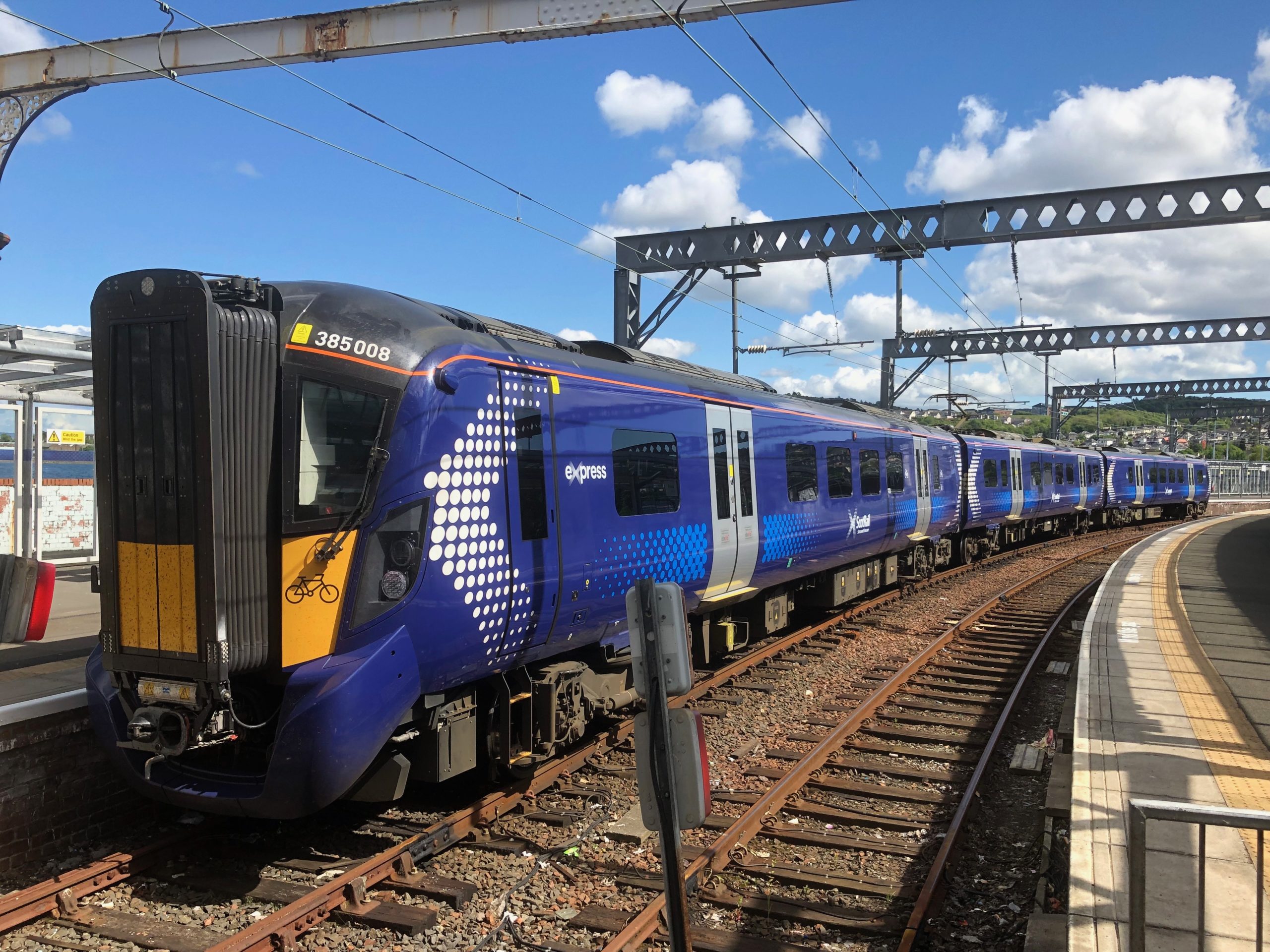Latest Updates on Transport for Wales: Improving the Future of Travel

Introduction
Transport for Wales (TfW) plays a crucial role in enhancing public transport services across Wales. Established in 2016, it aims to transform the Welsh transport sector by providing efficient and sustainable travel options. With rising concerns over climate change and the ongoing demand for better connectivity, TfW’s latest initiatives are timely and critical for both residents and visitors.
Recent Developments
In recent months, Transport for Wales has announced a series of improvements and initiatives aimed at modernising the transport network. Among the key developments is the rollout of new electric trains on numerous routes, designed to reduce carbon emissions and provide a more eco-friendly travel option. These new trains are expected to enhance the passenger experience through improved comfort and reduced journeys times.
Additionally, TfW has introduced integrated ticketing systems to facilitate seamless travel between different modes of transport, including trains, buses, and trams. This system enables passengers to plan their journeys more efficiently while benefiting from cost-effective ticket options. In an effort to further promote sustainability, TfW is also investing in the expansion of cycling and walking facilities near public transport hubs.
Community Engagement
Recognising the importance of community feedback, Transport for Wales has engaged in consultations with local residents and stakeholders. These discussions have helped shape the future direction of transport services, ensuring they align with the needs of the community. Recent focus groups have raised concerns about accessibility and have led to the implementation of measures designed to improve services for individuals with disabilities.
Future Outlook
Looking ahead, Transport for Wales is set to play a vital role in the UK’s broader climate strategy by focusing on decarbonisation. With plans to introduce further electric and hydrogen-powered vehicles, the organisation is committed to reducing its carbon footprint significantly by 2030. Moreover, TfW is also exploring innovative technologies like mobility as a service (MaaS), which would integrate various transport services into a single accessible platform.
Conclusion
As Transport for Wales continues to evolve, its focus on sustainability, community engagement, and technological innovation positions it as a leader in the public transport sector. The ongoing enhancements not only aim to provide a better transport experience for users but also contribute positively to the environmental goals of the region. For residents and travellers alike, staying informed about these updates will be essential in navigating the future landscape of Wales’ transport network.
You may also like

Leeds Train Station: A Key Transport Hub in the UK

The Importance of ScotRail in Scotland’s Transport Network
